6 Nutritional Values of Pumpkin
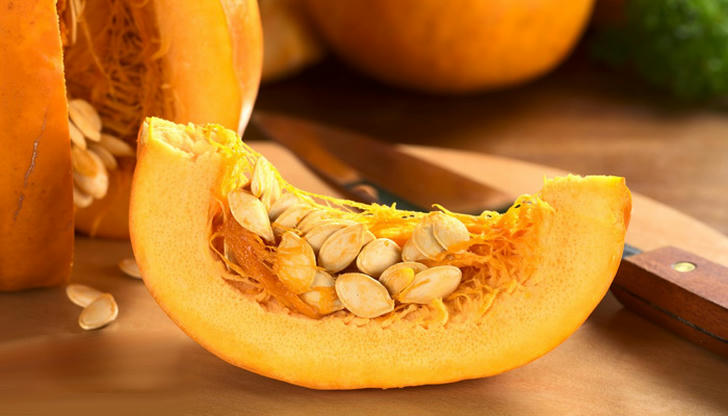
When it comes to pumpkin, in addition to being a Halloween decoration, it is actually quite nutritious and delicious, and it is low in calories and rich in many vitamins and minerals.
Nutrition
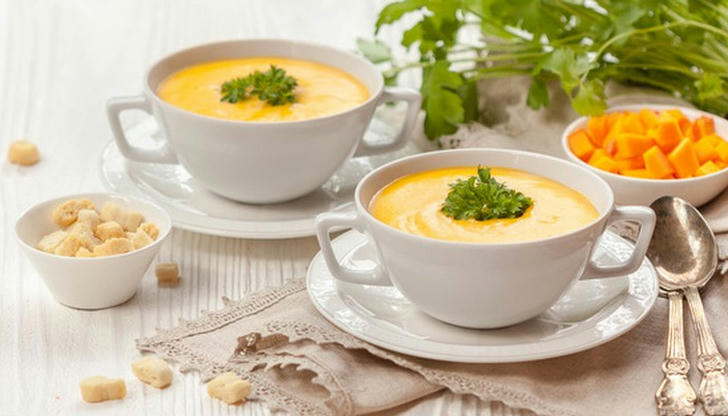
Pumpkin is rich in nutritional value and is a favorite fruit for many healthy vegetable eaters. The pumpkin’s seeds are also rich in many unsaturated fatty acids and minerals sodium, potassium, calcium, magnesium, zinc, iron, phosphorus, calcium, vitamin A, beta-carotene, niacin, folic acid, etc. It can be said that the whole pumpkin is rich in a variety of nutrients.
100g pumpkin contains:
Calories: 24
Protein: 0.9 g
Fat: 0.2 g
Carbohydrates:5.5 g
Fiber: 1.4 g
Vitamin B1: 0.12 g
Benefits
1.It may help prevent cancer
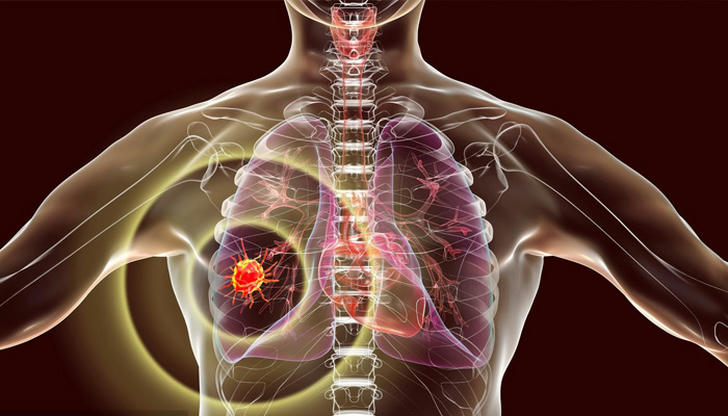
Pumpkin can eliminate the mutation of carcinogenic nitrosamines and has anti-cancer effects. Also it can help the recovery of liver and kidney function and enhance the regeneration ability of liver and kidney cells. Pumpkin is rich in mangan dew, which can relax the bowels, so eating pumpkin regularly can also prevent the occurrence of colon cancer and rectal cancer.
2.It helps promote digestion
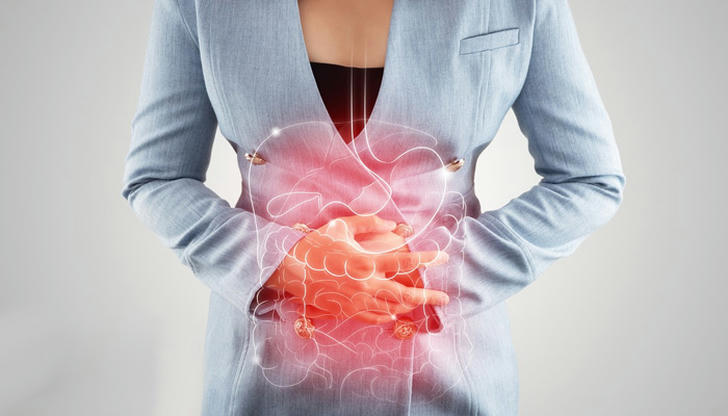
For common constipation, eating a pumpkin can relieve constipation. This is because pumpkin is rich in dietary fiber, which can promote gastrointestinal motility. Eating steamed pumpkins for breakfast can help defecation and expel the wastes and harmful substances accumulated in the intestines, thereby keeping the skin white, and delaying aging.
The pectin contained in pumpkin can also protect the gastric mucosa, so as to prevent the gastric mucosa from being stimulated by certain irritating foods. In addition, the ingredients contained in pumpkin can promote bile secretion, strengthen gastrointestinal motility, help food digestion, and prevent gastrointestinal diseases.
3.It helps protect eyesight

Pumpkin is rich in carotene, which is converted into vitamin A after entering the body. It protects the retina and relieves eye fatigue. It is especially suitable for teenagers and office workers who use electronic products for a long time. In addition, vitamins C and E in pumpkin can also prevent free radicals from damaging the eyes.
4.It helps to lose weight

Pumpkin is a fairly nutrient-dense food with satiety because it is low in calories but rich in nutrients. A bowl (about 250 grams) of pumpkin has less than 50 calories. In short, it can help you lose weight compared to the common starch staple food. Pumpkin's rich fiber can also have an appetite suppressant effect. In addition, pumpkin seeds can also be eaten and are quite nutritious.
5.It helps to bring down blood sugar
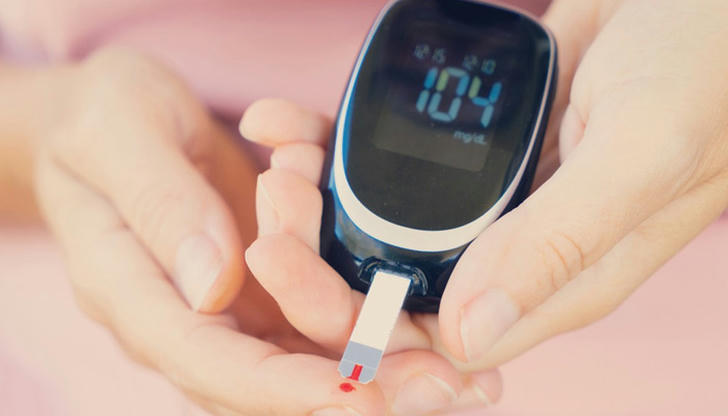
Pumpkin contains a very rare cobalt element, which can promote the metabolism of the human body, speed up the hematopoietic function, and participate in the synthesis of vitamin B12 in the human body. It is a trace element necessary for human pancreatic islet cells and has the effect of lowering blood sugar. The fiber in pumpkin can slow the absorption of glucose in the blood, which can delay the rise of blood sugar.
6.It helps boost immunity
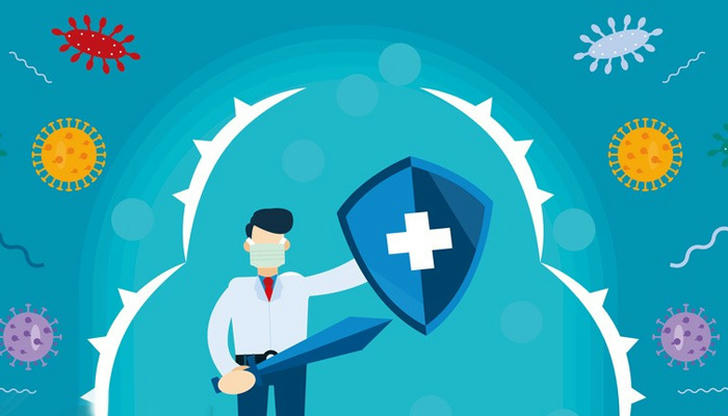
Pumpkin is rich in vitamin A and beta-carotene, which has the antioxidant capacity and strengthens the resistance of the lining of the small intestine to bacteria and reduces infection. In addition, vitamin C, E, folic acid, etc., are also strong nutrients to enhance immunity. In addition, pumpkin is rich in zinc, which participates in the synthesis of nucleic acids and proteins in the human body. Zinc is an inherent component of adrenal cortex hormones, and it is also an important substance for human growth and development.
Tips
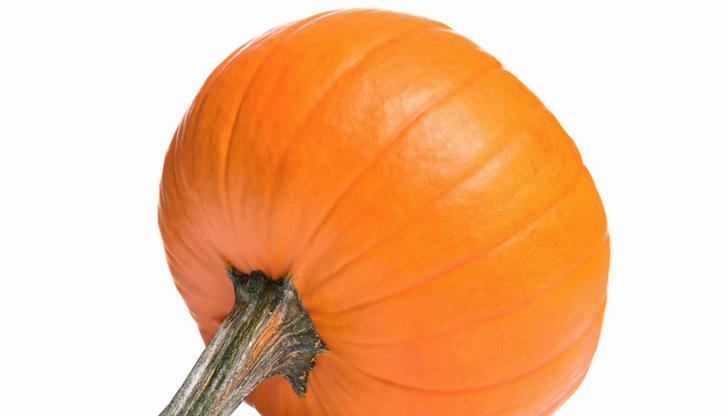
1.Pumpkin should not be eaten with mutton, eating together may cause abdominal distension and constipation.
2.Patients with the damp-heat constitution and febrile venereal diseases should not eat pumpkin, and excessive consumption will promote damp-heat.
3.People with allergies should not eat pumpkin. Allergies may cause skin itching, redness and swelling, asthma, diarrhea, indigestion, and other symptoms after eating.
4.It is not advisable to eat pumpkin in large quantities for a long time. Pumpkin has a high carotene content, and long-term consumption of large amounts will make the skin yellow, similar to eating more mangoes and oranges. But it will not cause harm to the body, as long as you stop eating such foods, you can recover.

